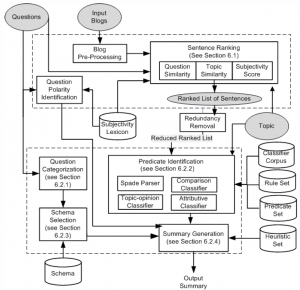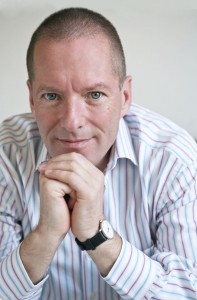
Culture Hack: Collaborating with Strangers
The culture hacking story I want to share with you is almost ten years old now. Back then I was a Ph.D. student in Computer Science with a deep interest in social software. I was posting to my blog daily, and building a reputation as a thinker in the field.
One of my issues with the blogosphere (as we called the universe of all blogs) was that it appeared as this galaxy of nebulously-connected personal streams. As a result, people with a shared interest in a given topic had a hard time finding each other; conversation on any given topic was discouragingly scattered.
So, one Wednesday in October I wrote in a blog post tiled “Making group-forming ridiculously easy“:
“I’d like to explain an idea that I have been bouncing around for a while. It might well be a reformulation of what others have said previously. I believe that implementing this properly would give a nice boost to the blogosphere’s social aggregation capability. ”
I then offered a short blueprint of a system for pulling together blog posts from all over the blogosphere with a shared topic into a single stream, thus helping people connect around shared interest. I then wrote, “I haven’t worked it out in detail, but wouldn’t it be possible to hack a beta of this together as follows?” and spelled out how the thing might be built. The idea was slightly peripheral to my focus, and I didn’t have time to learn all that was needed for me to implement it myself.
What followed exceeded my expectations many-fold. On the other side of the planet, in New Zealand, a programmer named Philip Pearson came across my post and read it. He had been working blog-based systems for a while and must have thought the idea had merit, because over the weekend he hacked together a complete working prototype version of the system I had dreamed up, and unassumingly sent me an email telling me about it.







